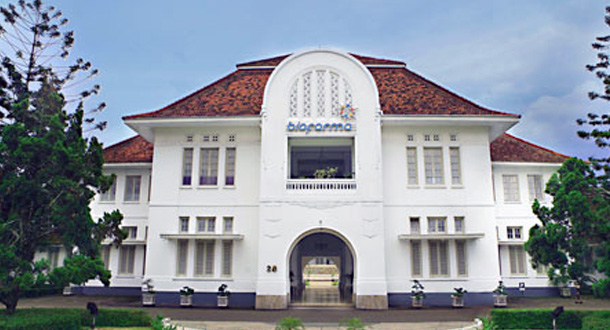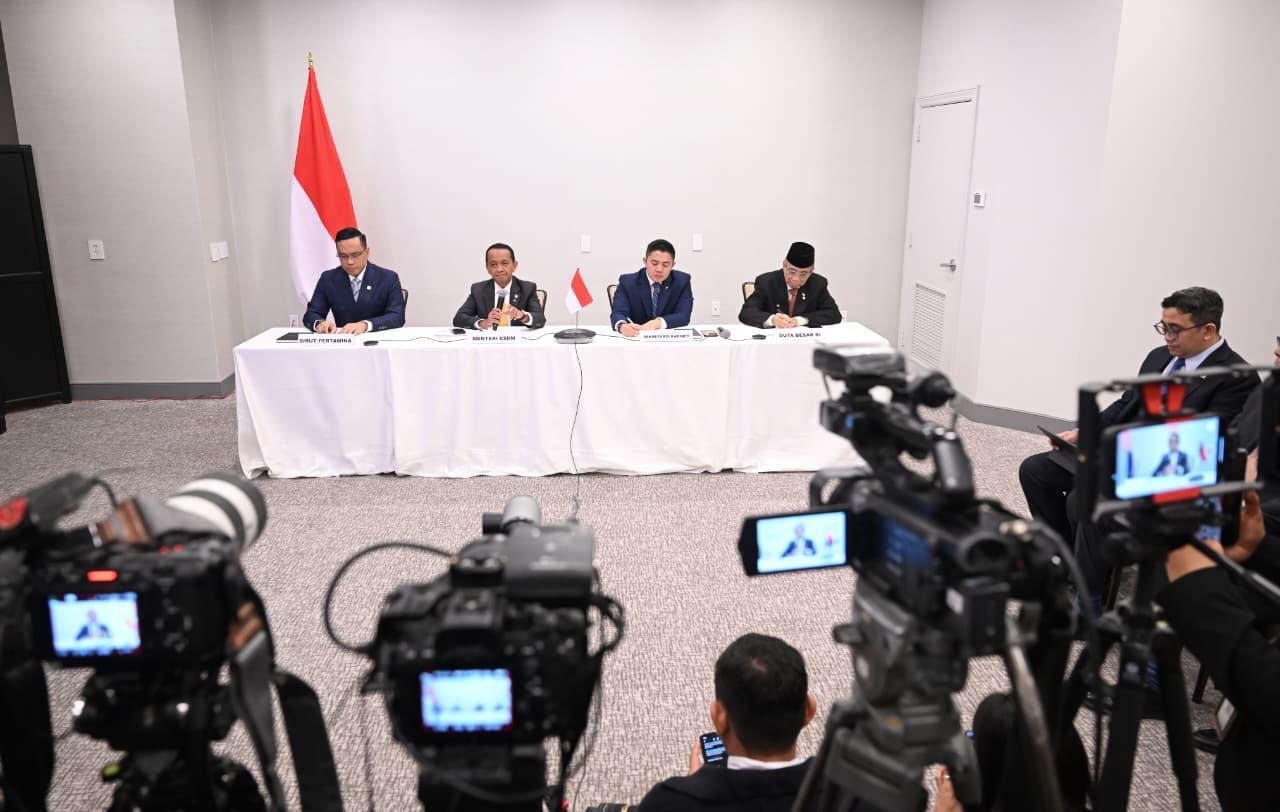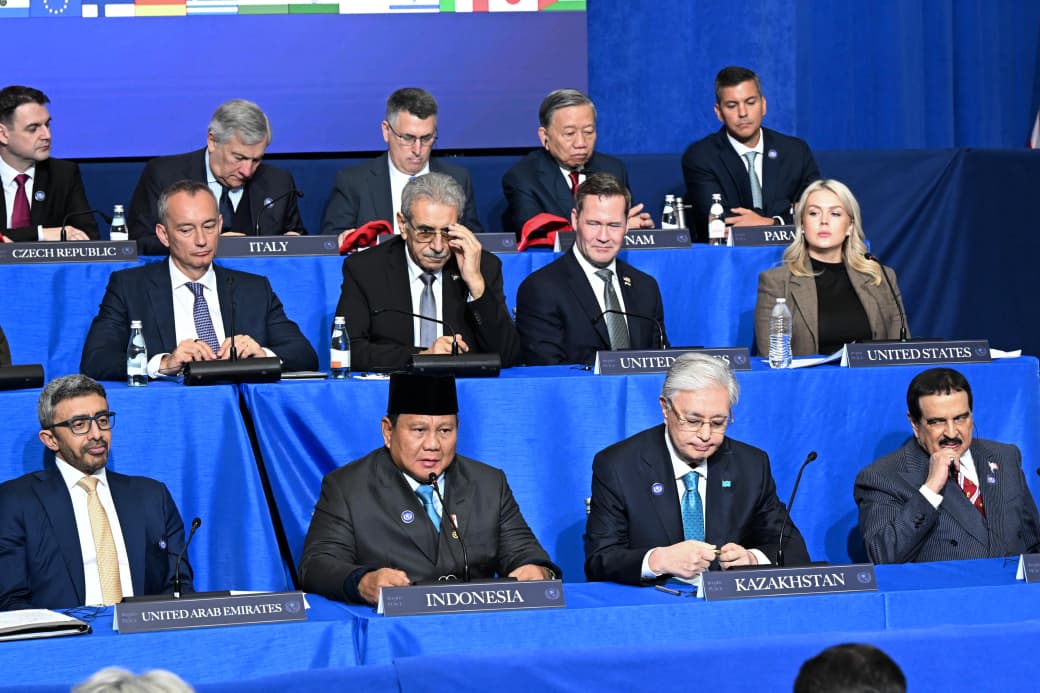Gov’t Committed to National Medical Independence

Ministry of Industry has renewed its commitment to realize Indonesia’s medical independence through import substitution policies by up to 35 percent in 2022, supported by domestic goods usage intensification (P3DN) program.
“As directed by President Joko “Jokowi” Widodo, we must be independent in the health sector, be it medicines and medical equipment,” Minister of Industry Agus Gumiwang Kartasasmita said as quoted from the Ministry’s website on Wednesday (16/6).
According to Agus, his Ministry has been pushing forward the country’s pharmaceutical and medical device industries to increase their productivity, adding that the two sectors have been included in the Making Indonesia 4.0 roadmap as a priority for future development.
“In order to strengthen the structure of domestic industry and to reduce import reliance, we will optimize the value of local content requirement (TKDN),” Agus said.
Ministry of Industry, he added, will also support the acceleration of those strategic measures through the TKDN calculation in each sector.
For instance, the pharmaceutical sector has changed the use of a cost-based method into processed based method to calculate the TKDN value.
“Once the method change is applied, there is an increase in the average of the TKDN value at 15 percent,” Agus said.
Regarding medical device products, the Ministry will also adjust the method of calculating the TKDN value, he added.
“To date, the calculation of TKDN value is still using the cost-based method (it includes working tools, working capital, and workforce). Later, we will adjust the method with full-costing method, namely a cost-based method combined with design, logistics, as well as research and development,” he added.
According to the 2020-2024 National Medium-Term Development Plan (RPJMN), the average of TKDN value will be targeted to be more than 43 percent this year and and will increase up to 50 percent in 2024.
“The number of products with a TKDN certificate is targeted to reach 7,000 products in 2021, and will rise to 8,400 products in 2024,” Agus added..
On that occasion, the Minister also pointed out that as many as 79 priority products of domestic medical devices can be utilized in the state budget (APBN) spending for the health sector.
“Some of these products recorded a TKDN value above 40 percent, which means that these domestic products must be purchased, while imported products are prohibited from being purchased,” he said.
For the record, those products include nasal oxygen cannula, examination lamps, syringes, emergency trolleys, medical tables and chairs, microbiological specimen collection, hypodermic single lumen needle, patient examination gloves, surgical apparel, infusion sets, sharp containers, blood storage ref/freezer, alcohol swab, hospital bed electric, hydrophilic gauze, wheeled stretcher, patient transfer powered, operating table, orthopedic implants, surgical instruments, urine bag, and general purpose disinfectant.
“All of these 79 priority products are included in the early stages. Afterwards, the number of the products can be added gradually to a maximum figure according to demand of domestic product users,” he added.
Ministry of Industry will also facilitate free TKDN certification for at least 9,000 domestic products this years, Agus said.
“We hope domestic producers can seize this opportunity as well as possible,” he said. (PR of Ministry of Industry/UN) (RIF/EP)
Visit the official website of Ministry of Industry through this link.







